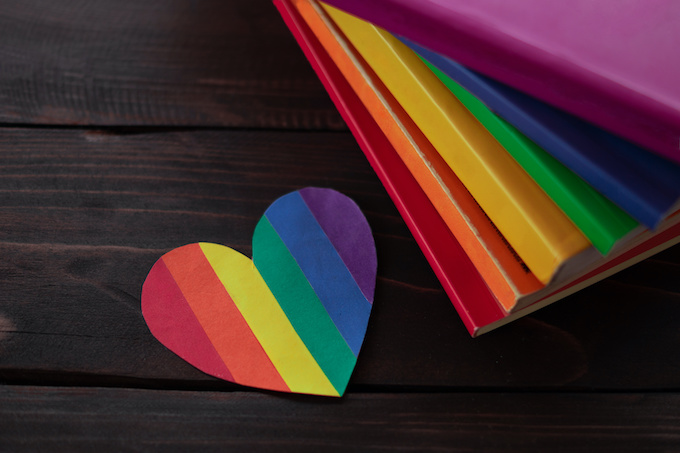
© UndeadCarlos - stock.adobe.com
<h3><strong>Students who identify as lesbian, gay, bisexual or transgender (LGBT) are more likely to achieve at school if they feel a sense of belonging, regardless of whether or not they report being bullied.</strong></h3>
<p>This was the key finding from a project which looked at the connection between the school experience and LGBT students’ academic achievement. Led by Dr John Fenaughty at the University of Auckland, the research also showed that these students are more resistant to the negative effects of bullying on achievement than their heterosexual peers.</p>
<blockquote>
<p>“We presumed that the high levels of bullying reported by this group would impact achievement, but we now know that if they’re at a supportive school, ideally one with high teacher expectations, this minimises the impact,” says Dr Fenaughty.</p>
</blockquote>
<p>The research also found differences between LGB and transgender students in relation to factors that support achievement.</p>
<p>“LGB students are more than three times more likely to achieve academically if the principal agrees they have created a supportive environment for them. Supportive structures can include gay and straight alliances, inclusive curriculum content and professional development for teachers on working well with these students.”<br />
At the time, the research didn’t ask about supportive structures for transgender students, but Dr Fenaughty says it’s a known fact that teacher expectation is critical to all students’ academic achievement, and this research is the first globally to show that it’s even more important for LGBT students.</p>
<blockquote>
<p>“In fact, LGBT students’ odds of achieving are at least three times higher than those who don’t have teachers with high expectations of them. It is critical that teachers recognise that not all students are the same, and ensure that all are valued and respected.”</p>
</blockquote>
<p>Other unexpected findings related to parental support and deprivation.</p>
<p>“Unlike heterosexual students, we found that high levels of parental support for LGBT students wasn’t able to reduce the negative effects of discrimination for these students,” he says. “Rather, achievement for these students relies on an inclusive school environment and this is an urgent reminder for schools to take action on behalf of these students and their whānau.”</p>
<p>Dr Fenaughty says factors like poverty further disadvantage these students, more so than their heterosexual counterparts, but again, these challenges can also be reduced by improving the school environment.</p>
<p>He believes research is needed on how to support schools to do this effectively.</p>
<blockquote>
<p>“Increasing students’ sense of belonging and teacher expectations are vital for all students, particularly those who are LGBT, but a one-size-fits-all approach won’t work.Transgender and minority students are often neglected in inclusive approaches.Schools committed to supporting achievement must have structures in place for all students.”</p>
</blockquote>
<p>The project used nationally representative datasets from the Youth2000 survey of 8,500 high school students that included around 668 LGBT students.</p>
<p>The results of this project have been recently published in the <i><a href="https://link.springer.com/article/10.1007/s10964-019-01124-w" target="_blank" rel="noopener noreferrer">Journal of Youth and Adolescence.<br />
</a></i></p>

EXCLUSIVE: Teachers used to be paid two to three times more than minimum wage workers,…
After an “overwhelming” vote to reject the latest Government offer, secondary school teachers will begin…
Second-language learning should be compulsory, says a new report from a forum bringing together academics,…
A new entitlement aimed to improve access to learning support coordinators for schools with students…
Educators have raised questions about the Ministry of Education’s new secondary school subjects, set to…
Professional learning and development (PLD) for teachers needs to be higher impact for teachers and…
This website uses cookies.